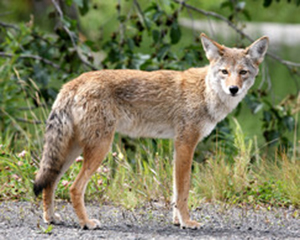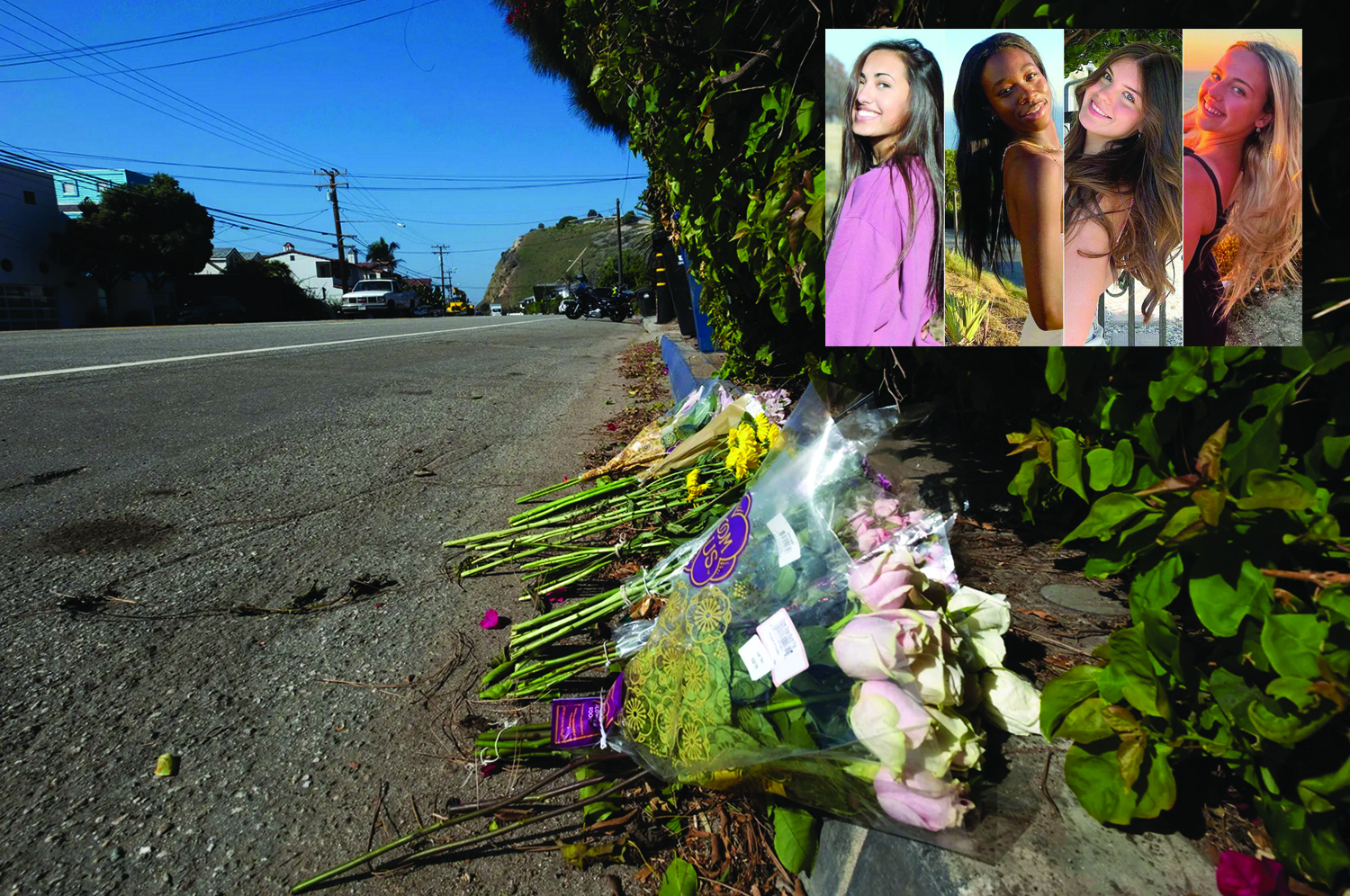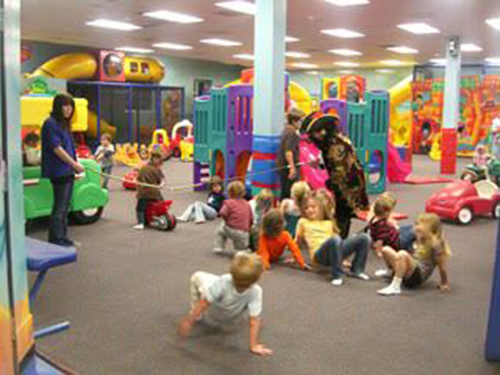Wave Staff and Wire Reports
CULVER CITY — As part of the city’s ongoing coyote management plan, researchers have secured a radio collar to one of the animals to track its activity.
The tracking collar will allow researchers to determine where the animals are setting up their dens, how often they venture into neighborhoods, and how far their territory extends.
“Researchers have already been collecting data and found that on the first day, our coyote has spent all day in the Inglewood Oil Field,” according to the city statement. “The team looks forward to collecting more data and learning more about this coyote pack.”
The City Council has approved a three-year Culver City Coyote Study and Management Program, which is being led by Eric G. Strauss of Loyola Marymount University’s Center for Urban Resilience.
The first year of the multi-year study includes a review and assessment of the city’s existing data relating to coyote distribution and activity. Strauss’s team has developed an online data visualization tool to depict a collection of community sightings and encounters with coyotes.
“The research team has been observing a Culver City coyote pack and its movements throughout 2020 via critter cams throughout the community,” according to a city statement. “While the team captures several images a day of the pack, these are only in specific places, and usually in the middle of the night. By placing a radio collar on the coyote, the team will be able to observe movements of the coyotes throughout the day, as well.”
Loyola Marymount University researchers, in collaboration with the Culver City Police Department recently installed automated camera systems, also called “critter cams,” to monitor coyote and other wildlife behavior and movement patterns within the city.
By monitoring the movement and composition of coyote groups that have posed a threat to Culver City pets, LMU scientists will be better equipped to develop an effective coyote management plan unique to Culver City.
The critter cams record all movement within their capture range of approximately 100 feet, producing full-color still photos during the day and monochrome (black and white) still photos at night. The cameras have been placed on public land and will be used only to monitor animal movement, capturing up to 1,000 images each week. Notably, the majority of images will be deleted as they capture content that is not relevant or of interest to the city’s effort.
Residents are being asked not to disturb any of the cameras and to report if they find a vandalized camera.
According to the city, coyotes are present in Culver City and throughout Southern California. Although they generally avoid human contact, they are wild animals and have killed unattended small pets.
Coyotes are known to frequent the oil fields backing Blair Hills, Culver City Park and the Culver City Crest Neighborhood.
They also may be found in other where dense brush is prevalent, including hillsides and areas in and around Ballona Creek that provide spots where coyotes can safely build dens. Wildlife management experts say the prolonged drought has limited potential food and water sources for the coyotes and drawn them to residential neighborhoods.
Coyotes regularly roam an area of about 2-5 square miles and are extremely territorial. They primarily eat small mammals, such as rabbits, ground squirrels and mice, but also will eat significant amounts of fruits and vegetables during the autumn and winter months when their prey is scarce.
That dietary flexibility has led the coyotes to seek alternative food sources, including small pets, pet food, and fallen fruits and vegetables found in the backyards of homes.
The city, which monitors residents’ reports of coyote behavior in consultation with wildlife experts, “will take appropriate action to protect human safety. It is especially important that the city be notified of any aggressive coyote behavior towards humans.”
More information is on the program is available by logging onto www.CulverCity.org and searching for coyote management; by emailing Culver City police Lt. Luis Martinez at luis.martinez@culvercity.org; or by calling (310) 253-6251.












